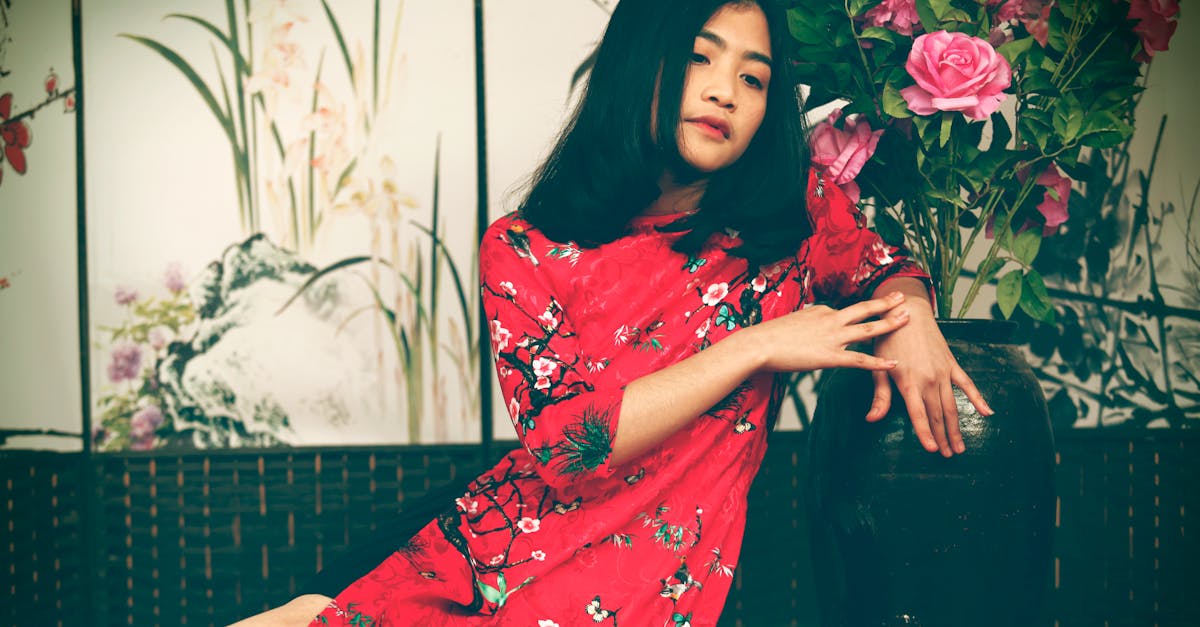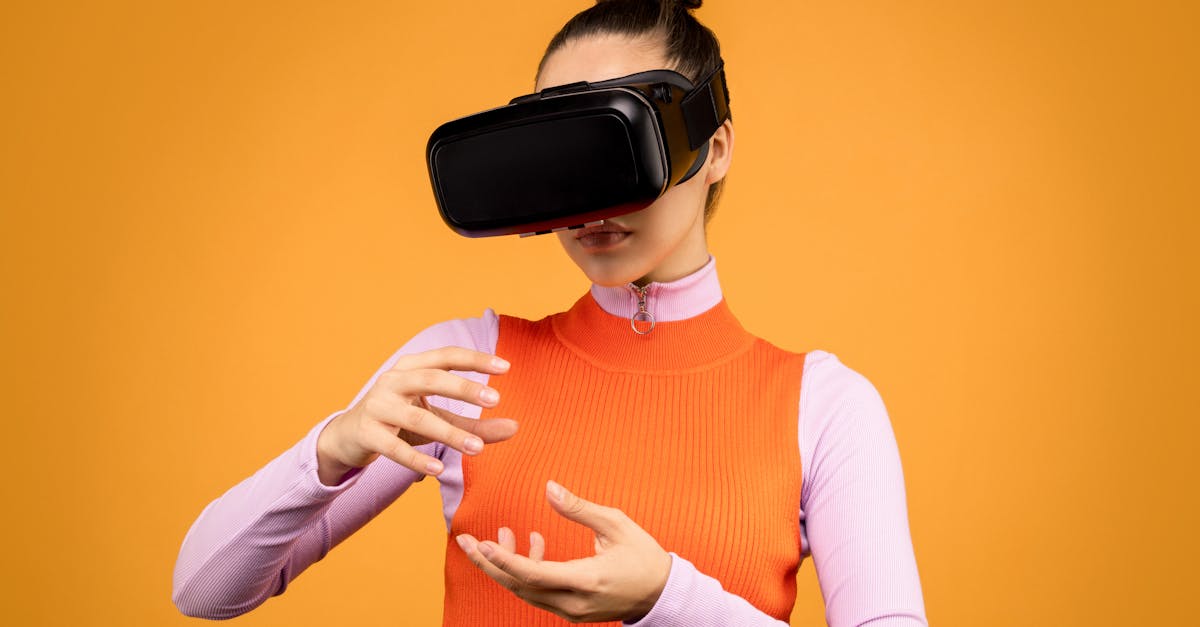The Impact of Ai on Fashion Design and Consumer Trends
Introduction
Artificial intelligence (AI) is reshaping the fashion industry with innovations in design and consumer experiences. Seamlessly integrating AI technologies into fashion has unlocked a world of possibilities for designers, retailers, and consumers. This article dives into the various ways AI is transforming the landscape of fashion design and consumer trends.
Advertisement
AI in Fashion Design
AI-driven design tools are revolutionizing the way fashion is created. Designers now leverage AI algorithms to predict style trends, generate new designs, and optimize collections. By analyzing vast datasets, AI enables designers to experiment with patterns, colors, and fabrics, offering fresh perspectives and reducing the time required to bring concepts to life.
Advertisement
Fashion Tech Innovations
Fashion tech fuses technology and design, fostering innovation across the industry. From smart textiles to virtual clothing, AI enhances product offerings and enriches consumer experiences. Smart textiles incorporate AI to adjust to environmental changes, offering custom solutions such as temperature control or sensory feedback.
Advertisement
Personalized Shopping Experiences
AI enhances personalized shopping by analyzing shopper data to curate fashion recommendations tailored to individual preferences. Through machine learning, retailers can provide personalized shopping experiences, offering suggestions based on previous purchases, style interests, and browsing patterns, ultimately improving customer satisfaction.
Advertisement
AI-Driven Fashion Forecasting
Fashion forecasting powered by AI has become a game-changer in predicting future trends. By processing historical data and analyzing social media, AI algorithms can predict upcoming styles and popular colors, ensuring that brands and designers stay ahead of the evolving fashion landscape.
Advertisement
Virtual Clothing and Digital Fashion
Virtual clothing and digital fashion are revolutionizing the retail experience. With AI technology, consumers can try on digital garments using augmented reality, right from their homes. These innovations minimize return rates and offer sustainable alternatives by reducing the need for physical samples.
Advertisement
Impact on Consumer Behavior
AI significantly influences consumer behavior, steering decision-making in fashion purchases. Consumers are more inclined to explore AI-curated options that meet their unique tastes, fostering a more engaging and satisfying shopping experience. Understanding these behavioral shifts helps brands align with the changing needs of their audience.
Advertisement
Sustainable and Efficient Practices
AI promotes sustainability within the fashion industry by optimizing resources, reducing waste, and supporting eco-friendly initiatives. By predicting demand and refining supply chains, AI technologies enable brands to create just-in-time inventories, minimizing excess production and fostering a more sustainable industry model.
Advertisement
Challenges and Ethical Considerations
Despite its benefits, AI in fashion faces some challenges and ethical considerations. The reliance on data can raise privacy concerns, and while AI aids creativity, it may also overshadow human artistry. Balancing AI's potential with ethical practices is crucial for a responsible fashion industry evolution.
Advertisement
Conclusion
AI is undeniably a driving force in transforming fashion design and consumer trends. From AI-driven design innovations to personalized shopping experiences, its impact is profound and far-reaching. As the fashion industry continues to embrace AI, it must consider ethical challenges while capitalizing on its vast potential for growth and creativity.
Advertisement

